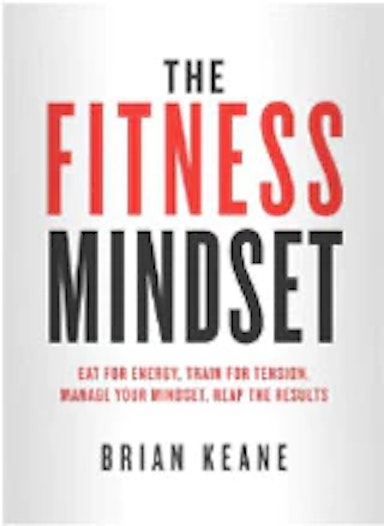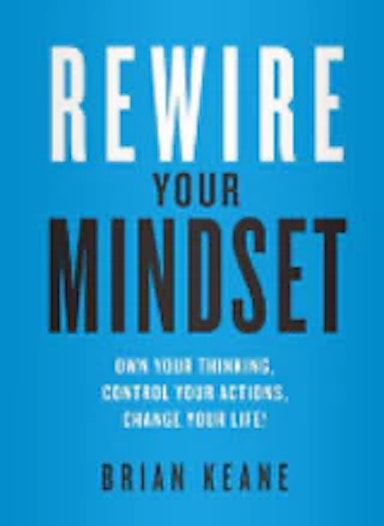Navigating the Financial Side of Your Online Personal Training Business: Tax, Accountants, and VAT in Ireland!
- By Brian Keane
I was chatting to a few influencers and business owners at the Elevate Fit Fest over the weekend and this was very top of mind for today.
I’ve been in business for eleven years now and I remember how confusing this whole process was in the beginning, and I made nearly every mistake you can make! Here are some things you should know.
Firstly, congratulations on your successful online personal training business! As your enterprise continues to grow, it’s essential to maintain a firm grip on the financial side of your operations. Tax responsibilities, working with an accountant, and knowing when to register for VAT can be complex and confusing, but understanding these aspects is vital for long-term success. In this blog post, we’ll delve into the questions you should ask your accountant, the benefits of different business structures, and when to consider registering for VAT in Ireland.
1. Working with an Accountant:
As a successful personal trainer, it’s beneficial to have a trusted accountant by your side to help navigate the intricacies of tax obligations. When seeking an accountant, consider asking the following questions:
a) How familiar are you with the fitness industry and its unique tax requirements?
b) What services can you provide to help me manage my tax obligations effectively?
c) Can you assist me with tax planning and suggest strategies to optimize deductions?
d) Are you experienced with handling VAT registration and compliance?
Remember to request references and evaluate their past experiences to ensure you find an accountant well-suited to your needs. I have worked with a terrible accountant and lost a small fortune due to their incompetence and I have work (and do work) with a great accountant who allows me to put my head safely on the pillow every night.
2. Timing and Benefits of Switching to an LLC:
As your business grows, you might consider transitioning to a more formal business structure, such as a Limited Liability Company (LLC). While a sole proprietorship may be suitable for a smaller business, an LLC offers certain advantages:
a) Personal Asset Protection: LLCs provide personal liability protection, separating your personal assets from those of the business.
b) Enhanced Credibility: An LLC imparts a more professional image and can boost your reputation among clients and potential business partners.
c) Tax Flexibility: LLCs offer greater flexibility when it comes to tax planning, allowing you to minimize your overall tax burden.
Consult with your accountant or a business attorney to determine the optimal timing and potential benefits of transitioning your personal training business to an LLC. I’ve been told that once you hit 80k per year, this is when its time to look into this; but I’m just passing on what other experts have told me.
3. Understanding VAT Registration in Ireland:
As your annual income exceeds €30,000, you may need to consider registering for Value Added Tax (VAT) in Ireland. VAT is an indirect tax levied on the consumption of goods and services. Here are some key points to consider:
a) Determine your annual turnover: If your annual revenue surpasses or is expected to exceed €37,500 for the provision of personal training services, it is mandatory to register for VAT.
b) Assess your clients: If your clientele primarily consists of individuals who are unregistered for VAT, it may not be beneficial to register voluntarily. On the other hand, if your clients are primarily businesses or large corporations, they may require VAT-compliant invoices, making voluntary registration advantageous.
c) Weigh the pros and cons: VAT registration includes obligations such as charging VAT on your services, keeping proper VAT records, and submitting regular VAT returns. It’s crucial to evaluate the administrative burden and possible tax advantages before making a decision.
Conclusion:
Successfully managing the financial side of your online personal training business is crucial for long-term growth and success. By prioritizing your tax responsibilities, working with a knowledgeable accountant, and understanding the implications of VAT registration in Ireland, you can ensure a solid foundation for your flourishing enterprise. Remember, seeking guidance from professionals and staying informed will enable you to navigate these complexities with confidence, freeing you up to focus on what you do best – helping your clients achieve their fitness goals!


